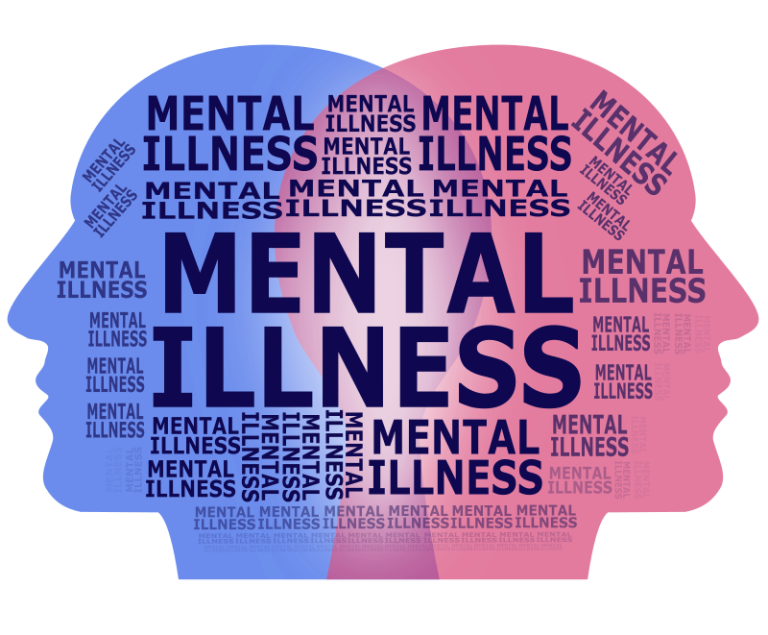What Comes After Recovery? Lessons from Women Who’ve Lived Through BPD
-
by
Dr Constantina Katsari
- No Comments on What Comes After Recovery? Lessons from Women Who’ve Lived Through BPD
For anyone caring for someone with Borderline Personality Disorder (BPD), the idea of “recovery” can feel abstract or even out of reach. Most of us just want to know they’ll be safe. That they’ll stay in therapy. That life might someday get easier. So when researchers asked nine women who once lived through the worst of BPD what recovery looked like to them, the answers were startling and deeply hopeful.
These women weren’t just symptom-free. Most had stopped seeing themselves as “patients” altogether. They spoke about love, joy, and everyday beauty. Not a perfect life, but one filled with meaning. One where they could laugh, cry, hold a child, go back to school, fall in love and, crucially, trust again. They weren’t just alive. They were living lives worth living.
This study, published in BMC Psychiatry, set out to answer a quietly radical question: What happens after recovery from BPD?
The researchers interviewed nine adult women in Sweden who had been diagnosed with BPD and self-identified as “recovered” for at least two years. All had histories of severe self-harm. Some had also lived through eating disorders, PTSD, and mood disorders. On average, they had been well for nearly six years, though some had been thriving for over a decade.
They found that the journey didn’t end at “recovered.” Instead, it moved through distinct stages: symptom remission, recovery, life worth living, and, for some, flourishing. These weren’t linear steps, but overlapping experiences that evolved over time.
At first, it was about stability. Small steps.
Getting through a day without self-harming. Learning how to regulate emotions. Feeling safe enough to stay in therapy. In these early stages, relationships mattered deeply. Loved ones ( partners, parents, friends, even pets ) played a critical role in anchoring the early gains of recovery. One woman described how moving in with her boyfriend gave her a reason to stay free from self-harm. Another said simply, “It gives me such a rush of happiness… I’m not afraid it will end.”
Having someone to love and who loved them made the future feel possible.
Then came the next shift: discovering self-worth outside of survival. For most, recovery wasn’t about going back to who they were before diagnosis. It was about becoming someone new, someone they chose. One woman, after years of institutionalisation, described finally reclaiming her freedom to live in alignment with her values. Being vegan. Choosing how to parent. Becoming curious again.
Crucially, the women made a distinction between recovery and what they called a “life worth living.”
Recovery, they said, was about the absence of suffering. No more crises. No more suicide attempts. But a life worth living was something else entirely; it had texture, emotion, and meaning. “Recovery is like zero,” one participant said. “A life worth living; that’s a plus.”
Others spoke of joy, connection, creativity. The ability to work, to pursue goals, to find beauty in nature or in a child’s laughter. These weren’t grandiose dreams. In fact, they were often quiet, everyday moments. But they were exactly what had once seemed impossible.
Several women described reaching a point beyond even a “life worth living.” They began to identify as healthy. They talked about flourishing, a term often used in positive psychology to describe high levels of emotional, psychological, and social well-being. They felt capable. They contributed. They thrived.
And they got there, they said, because they’d been given time.
Becoming well took years. Not months. Not a single round of therapy. Years.
One woman said it took years just to believe the world wasn’t out to hurt her. Others said short-term or “one-size-fits-all” treatments had done more harm than good. When services were inflexible or rushed, they often led to relapse or worse.
That’s why almost all participants stressed the importance of long-term, adapted, and complete care. This included multiple therapy rounds, residential programmes, and tailored approaches that acknowledged the full scope of their needs. For many, that included co-occurring conditions like PTSD or ADHD, which weren’t always addressed in standard BPD treatment.
Without sufficient care, they said, people don’t just stay unwell. They die. One woman recounted the deaths of friends who didn’t receive the kind of sustained, respectful support she had. “I’m not unique,” she said. “I just got the chance to be done.”
So what can we take from this as carers? What does this mean for BPD UK’s mission?
It means that healing is possible, even after years of suffering. It means the person you love may not only recover but one day thrive. That they might go on to live a life they never imagined. And it means your role, your presence, your belief, your resilience matters.
It also means we must advocate for better, longer, more personalised care. Recovery isn’t just about stopping symptoms. It’s about rebuilding a life. It’s about identity, trust, purpose, and possibility.
At BPD UK, we understand that carers are often the unsung heroes of this process. You’re there when services fall short. You hold the pieces together in the dark. You hope, even when it hurts. That’s why our work is focused on you , on equipping you with the skills, support, and community to stay grounded in chaos and to build your own resilience.
This study reminds us that recovery is real. But it’s not the finish line. For many, it’s just the beginning. And with the right support from loved ones, from therapy, from systems that care people do more than survive. They flourish.
You can read the full study here: https://link.springer.com/article/10.1186/s12888-023-05357-9
💬 Caring for someone with BPD?
👉 Book a FREE One2One support session
🧠 Join our FREE webinars and peer groups
📩 To book email us at: info.bpduk@gmail.com
Discover more from BPD UK
Subscribe to get the latest posts sent to your email.




